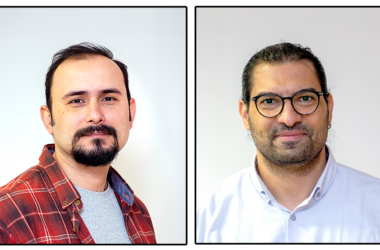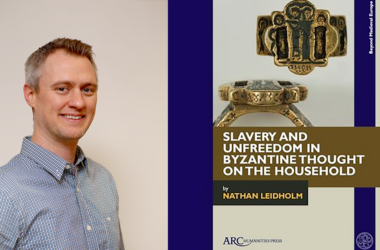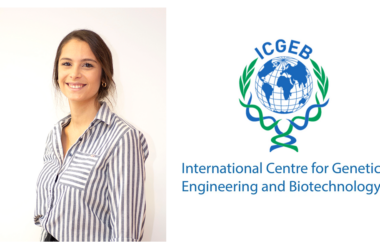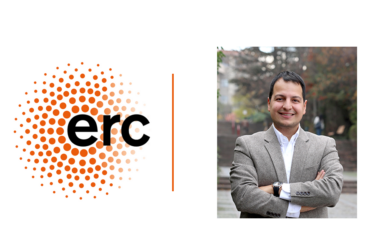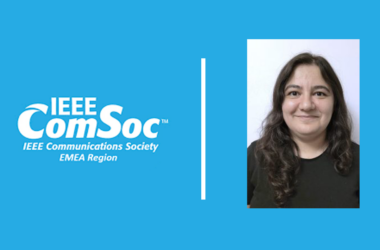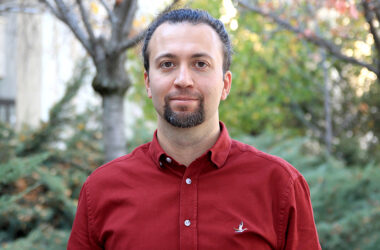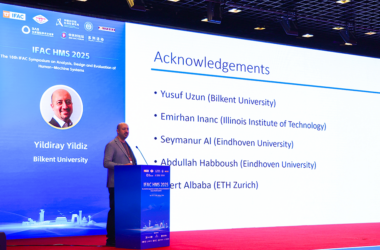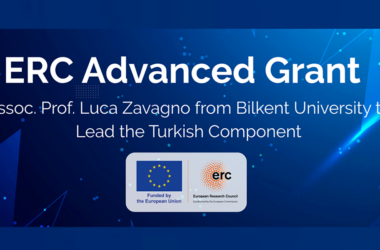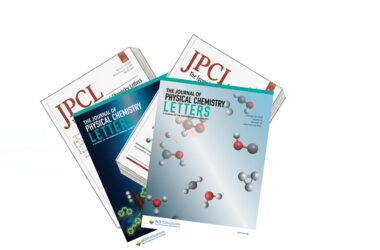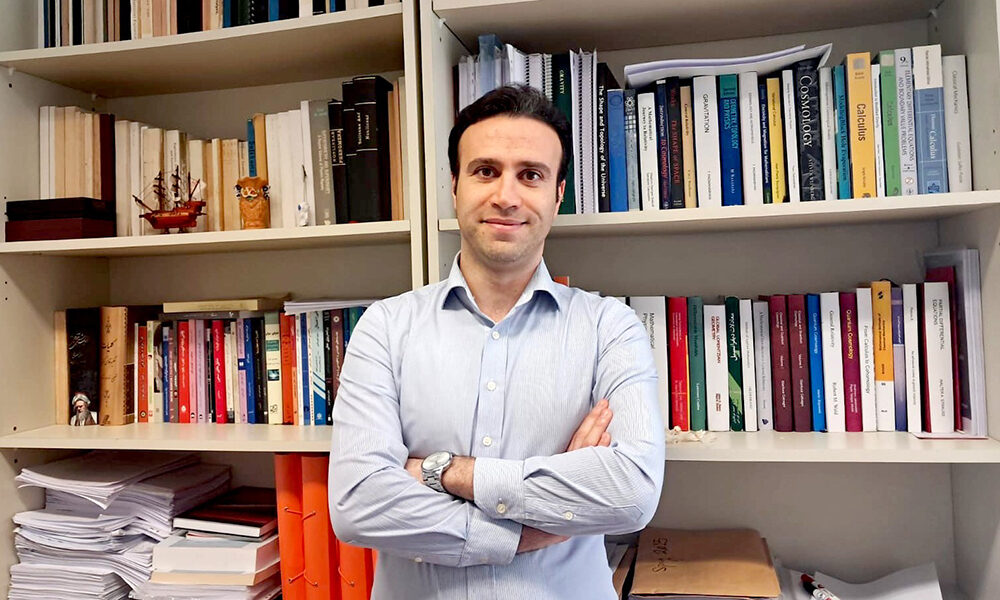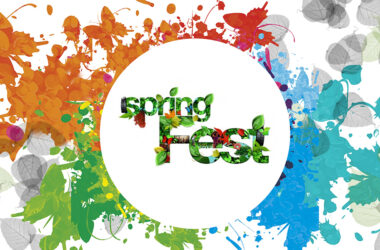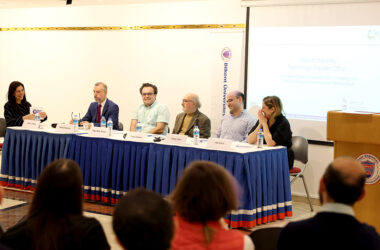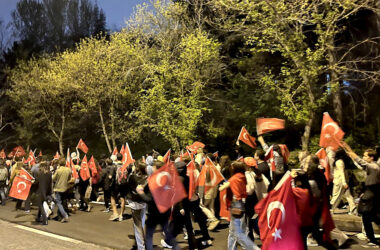BY PELİN SU UZUNCAGİL (AMER/IV)
Yaghoub Heydarzade is an assistant professor in the Department of Mathematics. He received his MS from Shahid Beheshti University in Gravitation & Cosmology in 2013 and PhD from Azarbaijan Shahid Madani University in Theoretical Physics in 2018. He instructs courses such as MATH 225 (Linear Algebra and Differential Equations) and MATH 583 (Topics in Mathematical Physics I: Mathematical Cosmology). He received the Distinguished Young Scientist (BAGEP) award for 2025.
Why did you choose an academic career?
It all began with a simple but relentless curiosity about physics, the mysteries of the universe and how things work. What drew me to academia was the chance to turn that curiosity into discovery: the thrill of wrestling with tough problems, the satisfaction of uncovering solutions and the joy of sharing those “aha” moments with others. Here, I get to learn every day, collaborate with brilliant minds on questions that matter and inspire students who share the same wonder. More than just a career, it’s a way to pursue what fascinates me deeply—and to make a lasting impact along the way.
What do you like the most about being at Bilkent?
Its dynamic and intellectually stimulating atmosphere! Beyond its strong and rigorous education system, Bilkent stands out for its commitment to cutting-edge research. Besides all these qualities, its beautiful campus.
What is the subject that you like to teach the most?
Topics related to Einstein’s General Theory of Relativity, and Cosmology.
What projects are you working on currently?
Solutions to the field equations of modified theories of gravity and their interpretation.
What’s your best work?
Among the works I did at Bilkent, I can mention the following two works:
M. Gürses, Y. Heydarzade, B. Tekin, Superposition of FLRW Universes, Journal of Cosmology and Astroparticle Physics (JCAP), 6, 060 (2020).
M. Gürses, Y. Heydarzade, FLRW-Cosmology in Generic Gravity Theories, Eur. Phys. J. C 80, 1061 (2020).
What has been the most exciting moment of your career so far? Could you share a turning point or defining moment in your career?
One of the most meaningful moments in my career came during my PhD, when I had the opportunity to explore ideas related to Thanu Padmanabhan’s Emergent Space scenario. Being invited by this distinguished theoretical physicist to visit IUCAA and discuss my research there was a tremendous honor and a source of great encouragement at an early stage of my journey. His passing in 2021 was a profound loss to the scientific community, but I remain deeply grateful for his kindness and the lasting inspiration he offered.
When and where do you do your best thinking?
In the morning with a fresh mind, usually in a quiet space or while taking a walk.
What distracts you?
Overload, unplanned situations or an excessive amount of non-academic tasks may distract me.
What are you most curious about?
Our cosmos, its origin, evolution and future.
What do you like to do when you are not working?
I enjoy reading Persian poetry and listening to classical music. It’s a great way to unwind while staying connected to culture, rhythm and depth—something that also inspires my academic work.
Which books have influenced you the most, and why?
Stephen Hawking’s “The Universe in a Nutshell”—I read it during my bachelor’s, and it was incredibly inspiring to see how modern physics has evolved in the quest for a theory of everything.
Rumi’s “Masnavi”—It taught me to perceive unity within complexity, offering poetic wisdom that gracefully bridges the inner and outer worlds.
Which films have influenced you the most, and why?
“A Beautiful Mind.” It beautifully portrays the complexity of the human mind, the power of passion and curiosity and intellectual brilliance as well as personal struggles and the quiet heroism of those who stand by brilliant minds through their storms.
If you weren’t an academic, what career would you choose?
If not in academia, I’d embrace the quiet charm of running a bookstore, the creative pulse of curating an art gallery or the soulful life of a musician—each a different way to explore and share meaning.
What is the secret of leading a happy life?
Following your passion, living in the moment and maintaining balance between work and rest, thought and emotion.
If you could go back to your undergraduate/graduate student years, what advice would you give to your younger-self?
I refer to the words of Elizabeth Gilbert: “You have to be childlike in pursuit of your life, but you cannot be childish!” That means staying open and letting go of bitterness, being ready to be amazed and taught—while also taking responsibility, accepting what cannot be changed and facing failures as lessons rather than defeats. As Mevlana also says, “The wound is the place where the light enters you.”
If you had unlimited funds, what would you like to research on?
I would pursue research into the workings of the human brain to unravel the nature of consciousness and into the origins of the universe to understand how space, time and matter first emerged. These two frontiers hold the deepest clues to who we are and where we come from.
